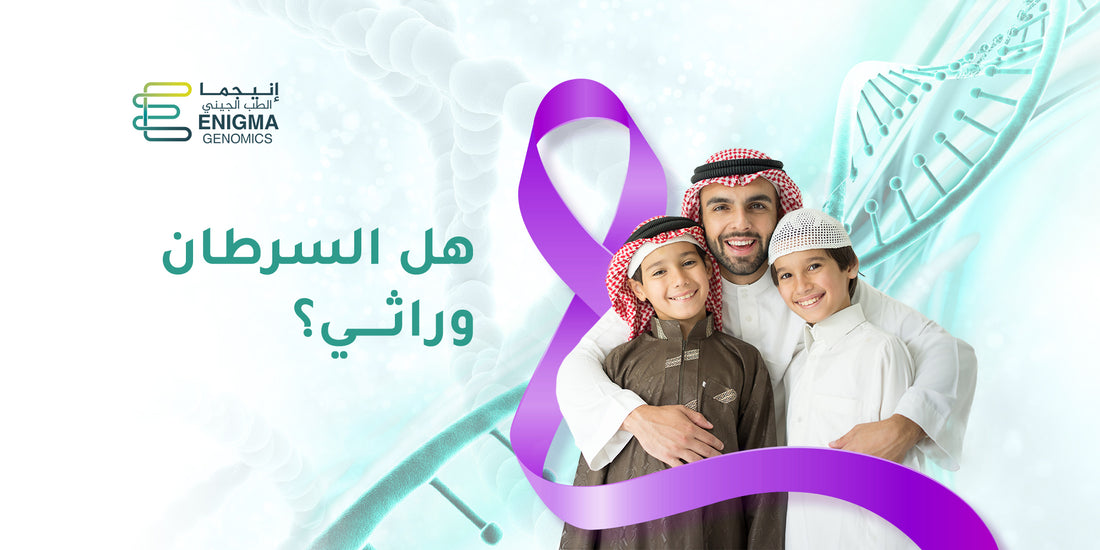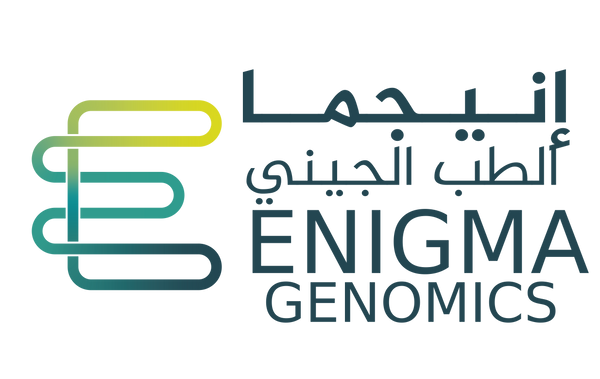
Cancer risk and heredity
The World Health Organization's most recent statistics indicate that cancer is the second leading cause of death worldwide, taking the lives of approximately 10 million people. These statistics also indicate that certain cancer types are more common than others, with men's cancers including lung, prostate, stomach, colon, and liver cancers, and women's cancers including breast, cervical, and thyroid cancers in addition to colon and lung cancers.
Multiple family members may experience one or more of these cancers. Does this imply that environmental variables or heredity have a role in the cancer's development? Are hereditary factors the cause of all forms of cancer?
The extent to which genetic variables contribute to cancer will be discussed in this article, along with the significance of genetic testing and genetic counseling in terms of early detection, prevention, and treatment options.
How does the cancer begin?
It is possible for there to be a genetic abnormality that causes the body's cells to proliferate out of control and develop into tumors. The rate at which these tumors develop, the rate at which they spread, and the best course of therapy for them vary. They may grow slowly without spreading throughout the body and are called benign tumors, which usually do not show any symptoms unless they grow abnormally, which leads to their transformation into a malignant tumor in some cases. Sometimes. Benign tumors can be treated with surgery, radiotherapy or medications only depending on the case.
However, tumors can sometimes grow very fast and spread to other parts of the body, leading to the development of malignant tumors, also known as cancer. They could have chemotherapy, radiation therapy, surgery, and other cancer treatments that are currently available; depending on the case, more than one course of treatment might be needed.
Cancer, hereditary, and environmental factors
As we previously discussed, genetic changes or mutations, which are abnormalities in the genes responsible for the growth of the body's cells, are the cause of cancer. The following factors could cause these changes:
1. Environmental factors: such smoking or being around chemicals and radiation (like the sun's UV rays).
2. Genetic factors: inheriting a copy of the altered gene from one parent raises the likelihood that many family members may acquire cancer.
More than 10% of cancer cases are genetically predisposed, and mutations in a single gene can result in multiple cancer types, including:
- Breast cancer, ovarian cancer, prostate cancer, pancreatic cancer, and melanoma are among the diseases for which a BRCA1 or BRCA2 gene mutation raises the risk.
- The risk of endometrial, colon, prostate, and pancreatic cancers is increased by mutations in MLH1, MSH2, or MSH6 genes.
- Breast, prostate, and pancreatic cancers risk is increased by mutations in ATM gene.
- The risk of kidney cancer, colon cancer, uterine cancer, breast cancer, thyroid cancer, and melanoma is elevated in individuals with a mutation in PTEN gene.
- The risk of developing cervical cancer, lung cancer, breast cancer, stomach cancer, pancreatic cancer, ovarian cancer, and other malignancies is increased by a mutation in STK11 gene.
- The risk of developing childhood malignancies, leukemia, brain, adrenal, liver, colon, and pancreatic cancers is increased by a mutation in TP53 gene.
If a person has these genetic mutations, it does not guarantee that developing the cancer, but it does raise the likelihood that he or his offspring may develop cancer in the future. For this reason, regular check-ups and medical advice are essential for early detection.
Genetic testing's significance for early detection and cancer prevention
Genetic testing makes a substantial contribution to:
Cancer prevention and early detection
Genetic testing can be used to determine which genetic mutations cause cancer or raise a person's chance of getting it, so that people and families can make the appropriate decisions. By identifying any other genetic alterations causing the same kind of cancer from which the patient recovered or any other sort of cancer, genetic testing can also be used to assess the likelihood of a patient healing from cancer reoccurring.
Selecting an appropriate course of cancer treatment (personalized treatment)
Through genetic testing, the doctor can determine the best course of treatment for the patient and minimize side effects from other treatments, increasing the patient's chances of recovery. Genetic testing also aims to uncover changes in the patient's genetic makeup that contribute to cancer and may impact the response to treatment and its effectiveness within an individual. A genetic screening may lead the doctor to consider other therapeutic options, such as chemotherapy or targeted cancer treatment, in place of surgery to remove the tumor, even though the initial diagnosis of cancer clearly indicated that the patient needed surgery to remove the tumor.
Assess the risk that cancer may reoccur in the family
Given the type of genetic changes found to cause the cancer, genetic testing helps determine the likelihood that other family members (especially first-degree relatives) will also have the same type of cancer or another type. Based on this information, family members can be advised to undergo genetic testing or develop a comprehensive cancer prevention plan.
Developing new cancer therapies
More than 100 cancer forms have been identified by science to date. With genetic testing, we can identify more genes whose alterations result in other cancer types, forming a more complete overview of how these alterations contribute to cancer and creating more potent therapy alternatives.
The American Cancer Society recommends genetic testing in the following cases:
1. The person with cancer
- If you had cancer before age 50.
- If you have one or more first-degree members (father, mother, or sibling) with cancer.
- If you have rare types of cancer, such as pancreatic cancer, prostate cancer and male breast cancer.
- If you are about to undergo surgery to reduce the chances of the cancer spreading (such as a colon or mastectomy) to determine the appropriate treatment and procedure based on the type of genetic changes you have.
- If you have relatives with certain cancers (such as pancreatic cancer, prostate cancer).
- If you have more than one first-degree relative (father, mother, or sibling) with cancer.
- If you have a relative with more than one type of cancer.
- If you have a relative who had cancer before the age of 50.
Genetic counseling is recommended to help determine the best course of action because, as mentioned above, the right kind of screening relies on the patient's health and family history of cancer as well as any other genetic disorders or diseases that raise the risk of cancer.
Cancer and Genetic Counseling
Based on data provided about your family's medical history and your own health, genetic counseling helps choose the best course of action and suggests thorough genetic testing. Finding out how frequently cancer runs in the family also benefits from genetic counseling. The genetic counselor's duty extends beyond the pre-test phase; in addition, they assist you in comprehending the test results so that they can offer you the appropriate guidance and recommendations as well as the required psychological support.
To help you preserve your health and the health of your family, Enigma Genomics provides Comprehensive Cancer Panel, covering 109 genes linked to the various cancer types identified to date, along with a remote genetic counseling service before and after screening.
